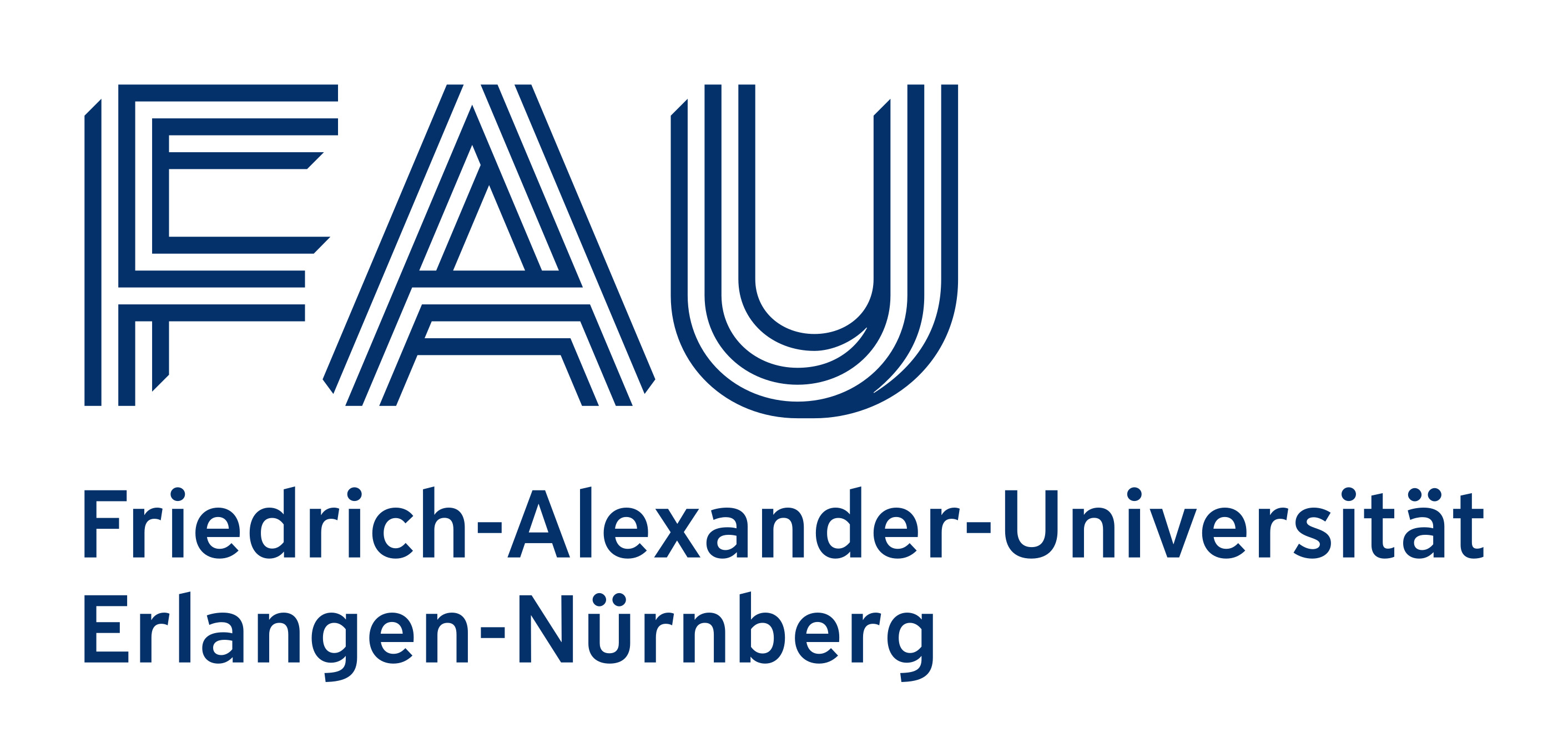Constitutional courts and transnational solidarity conflicts
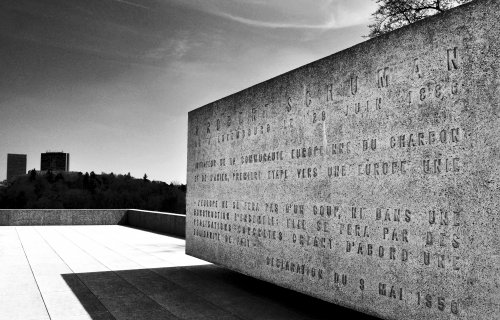
Conflict and conflict resolution
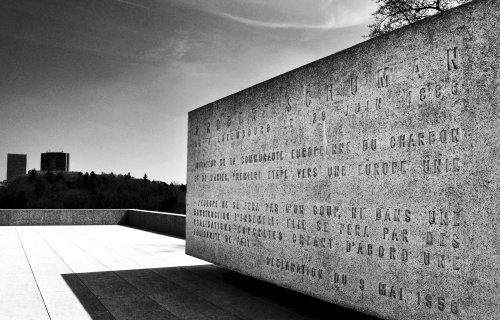
Research material
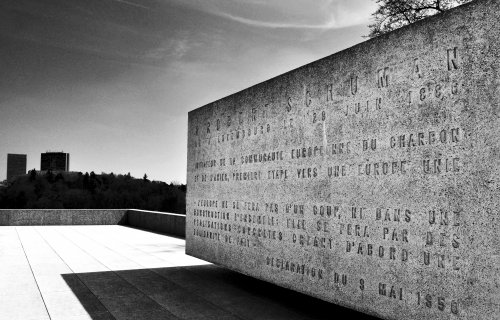
Research aims
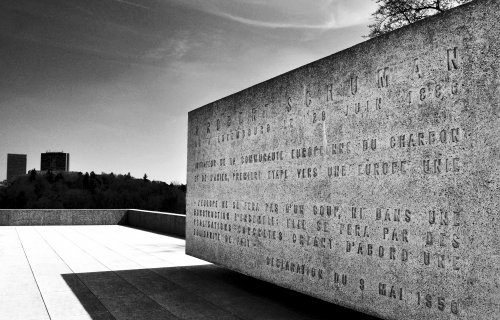
Affiliation
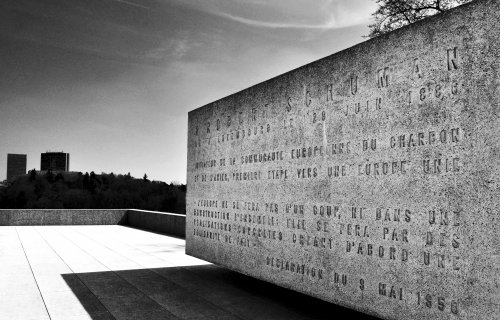
Projects
6. Social recognition through judicial conflict resolution
The sixth and last subproject builds on one of the central insights of the conception of solidarity emphasized in subproject 1: Solidarity within the Euro-zone does not only allude to financial trade-off, but to mutual social recognition among the member states and social groups in different member states. Therefore, solidarity is more than the mere compensation of disparate costs of adaptation necessary for the realization of a common transnational political order. In fact, it is about the mode and the criteria for securing social recognition within this transnational order.
This insight is crucial for the possibilities of judicial conflict resolution.
- Which form of recognition (judicial or social) are courts able to provide? What are the appropriate procedural instruments, doctrinal patterns and forms of decision-making for generating recognition among individuals and among states?
- Are the courts examined in our project able to do so with regard to their procedural possibilities and the material principles of their constitutional order?
Finally, we develop a normative framework on the basis of subproject 5 and 6, which will allow for assessing the legitimate functions of constitutional courts within TSC.
-
The Case for Corona Bonds
Anuscheh Farahat supports Matthias Goldmann's proposal for corona bonds
-
Brent Spar Revisited?
Kristina Schönfeldt's Blogpost on German Practice in International Law
-
From Constitutional Normality to the State of Emergency
Teresa Violante's and Rui T. Lanceiro's blogpost on the coping with Covid-19 in Portugal
-
Against the Apocalyptic Swan Song: A Plea for Practical Hope
Anuscheh Farahat's intervention on the Verfassungsblog
-
Combatting TINA-Rhetoric through Judicial Review
Anuscheh Farahat and Teresa Violante on constitutional review in times of austerity
-
(Not) Striking down Surrogate Motherhood
Teresa Violante on the Recent Decision of the Portuguese Constitutional Court
-
Populism as a wildcard of the democratic promise
Marius Hildebrand together with Astrid Séville and Conrad Lluis Martell on Soziopolis
-
Constitutional complaint in Portugal?
Teresa Violante's opinion on the possible introduction of the constitutional complaint in Portugal
-
Pushing for transformation
Anuscheh Farahat about transformative constitutionalism on the international law blog
-
Disenchantment failed
Marius Hildebrand on the Swiss People's Party as avantgarde of the New Right in Europe

